How perpetrators use coercive control to attack mother-child relationships

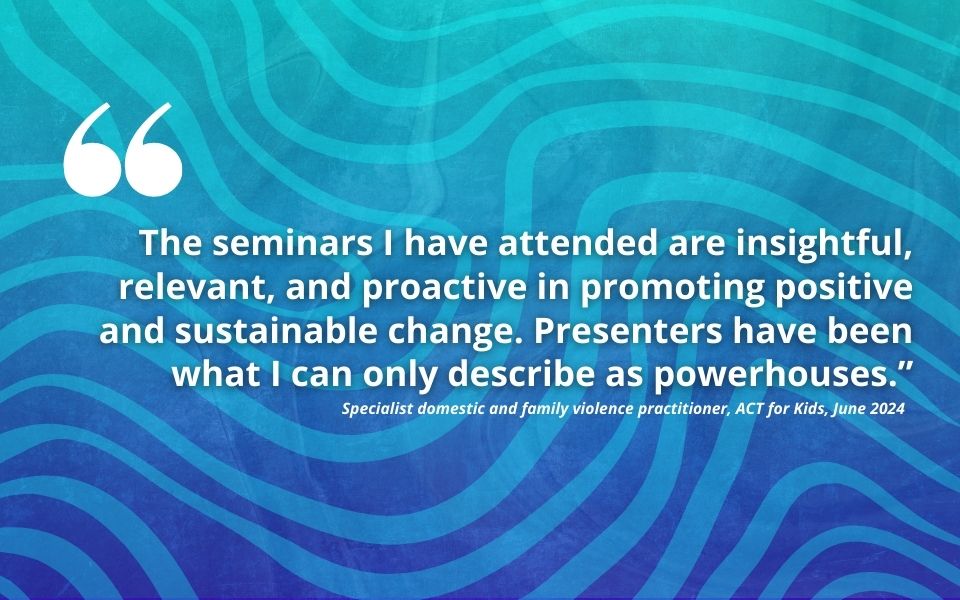
Using coercion and control to attack the victim-survivor mother’s mothering is intended as a form of emotional abuse and isolation.
This seminar presents the first in-depth study to explore factors influencing closeness, distance and strain in mother-child relationships in the context of coercive control.
Dr. Emma Katz’s research was based on qualitative interviews with mothers and children to explore their experiences and uncovered five key influences. This seminar will explore and unpack them and provide insight into practice:
- Behaviour toward children
- Perpetrator’s use of domestic violence
- Perpetrator’s undermining of the mother-child relationship
- Mother’s ability to emotionally connect to children
- Children’s views of mother and perpetrator
Attend this complimentary seminar to understand how these findings have significance for those who work with domestic violence and how they may help to tailor responses more effectively to mothers’ and children’s needs.
Attend and explore
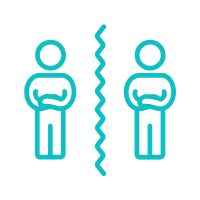
How perpetrators can use tactics of isolation to isolate children and mothers from each other and break down their mother-child relationships within everyday life
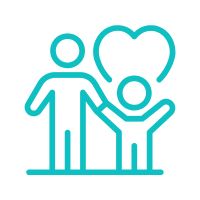
Understand the factors that influence why some mother-child relationships remain close and supportive despite perpetrators’ efforts to break them, while others become distant and damaged

Explore the different paths that mother-child relationships can take post-separation from the perpetrator

Introduce the concept of CAMS
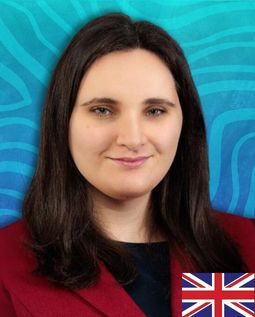
Dr Emma Katz, Senior Lecturer in Criminology, Edge Hill University
Dr. Emma Katz is an award-winning, internationally-renowned expert in domestic abuse and coercive control, whose work has influenced policy and professional practice in the UK and globally.
Dr. Katz’s book, Coercive Control in Children’s and Mothers’ Lives (2022, Oxford University Press) is described by Professor Evan Stark as a ‘pioneering work’ that ‘will change how we understand and respond to children’s experience of domestic abuse’.
Follow Dr. Katz on Substack at https://dremmakatz.substack.com/ to receive her popular blogs about coercive control.
Who should attend:
This seminar is intended for anyone working in the family violence sector, or whose work touches the lives of those impacted by family, domestic, or sexual violence.
This includes but is not limited to:
- Frontline workers & case managers
- Specialists or clinicians
- Lawyers & legal aid/support
- Teachers
- Police & justice services
- Social workers
- Therapists & psychologists
- Community leaders
- Policy advisors
- Peak bodies & advocacy groups
- Researchers
- General Practitioners
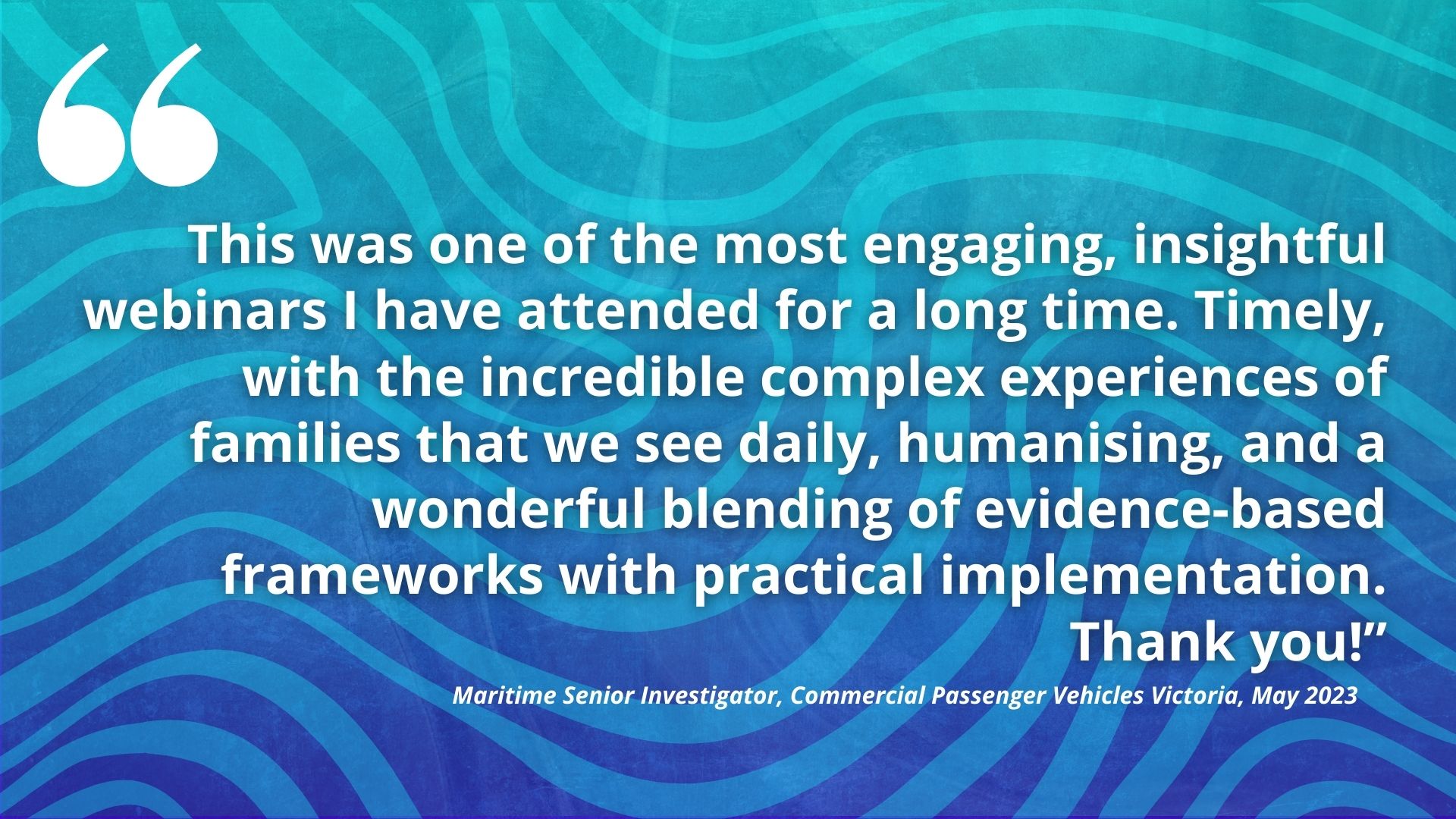
Agenda
At The Hatchery, our mission is to connect people with knowledge to inspire change and we are offering this seminar, at no cost, to inspire that change for anyone working in the family violence sector, or whose work touches the lives of those impacted by family, domestic, or sexual violence.
All times are shown in AEDT
Acknowledgment of Country and Opening remarks
How perpetrators can use tactics of isolation to isolate children & mothers from each other & break down their mother-child relationships within everyday life
- Understand the 5 factors that influence why some mother-child relationships remain close and supportive despite perpetrators’ efforts to break them, while others become distant and damaged
- Explore the different paths that mother-child relationships can take post-separation from the perpetrator
Introduce the concept of CAMS (Child and Mother Sabotage)
- What is child and mother sabotage?
- Understand CAMS as a form of coercive control that isolates children from their mothers
- Reflect on how research could shape and impact service responses to mother-child relationships
Questions
Close of Seminar
The seminars I have attended are insightful, relevant, and proactive in promoting positive and sustainable change. Presenters have been what I can only describe as powerhouses.”
Carolynne Fisher
Specialist domestic and family violence practitioner
This was one of the most engaging, insightful webinars I have attended for a long time. Timely, with the incredible complex experiences of families that we see daily, humanising, and a wonderful blending of evidence-based frameworks with practical implementation. Thank you!”
Rebecca Duggan
Team Leader
The seminar was brave and held a critical message for professionals to reflect and consider how we can do things differently to address the endemic issue of family violence. This seminar demonstrated leadership at a time when the message of engaging men who use violence couldn’t be more important. Thank you.
Kay Hardefeldt
International Parental Child Abduction and Family Mediation Manager,
The webinar I attended was incredible. Very rich yet pragmatic”
Samuel Cameron
Clinical Nurse
This was a brilliant and nuanced training to assist me in my work.”
Julia Packard
AOD Counsellor